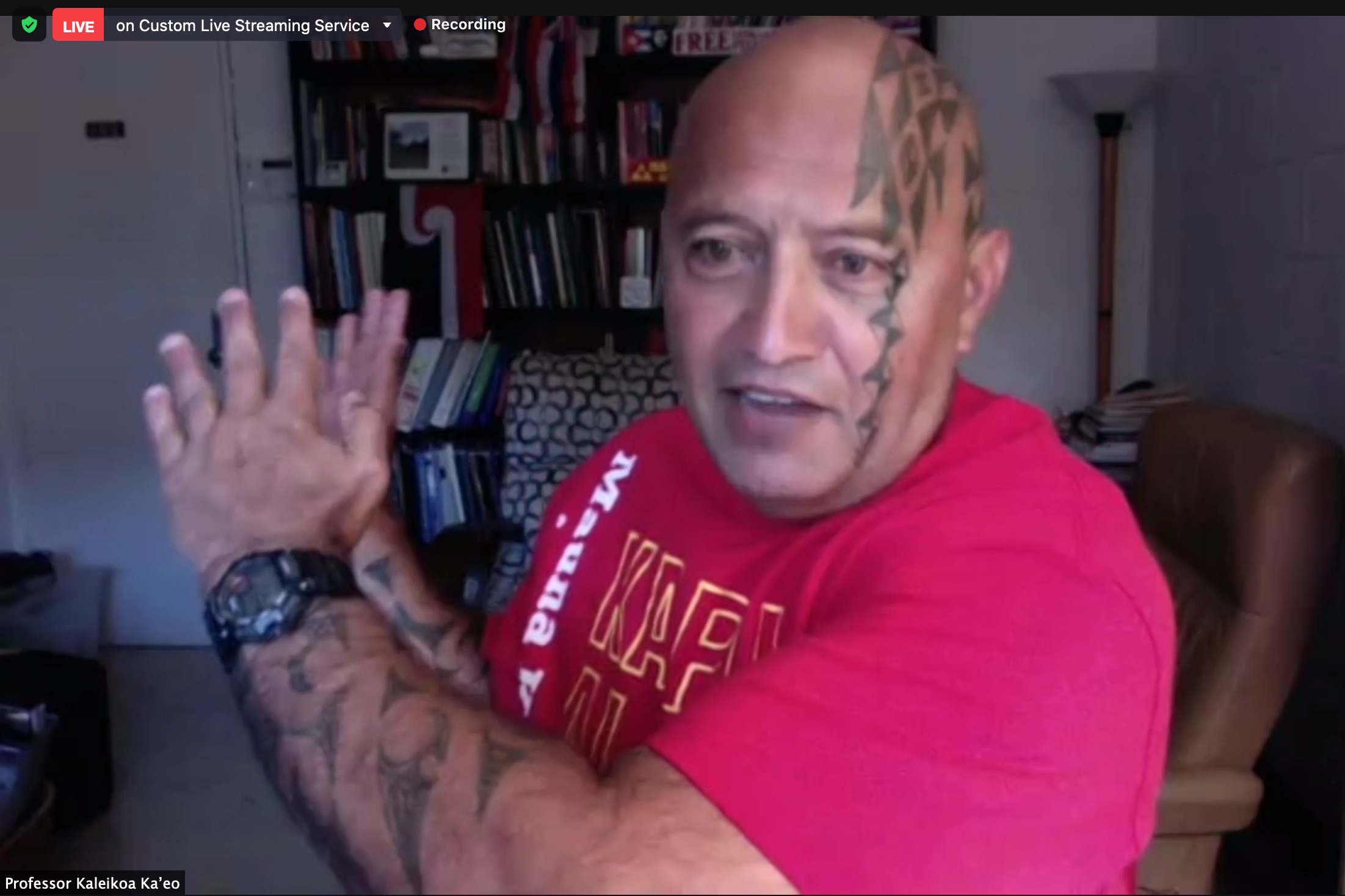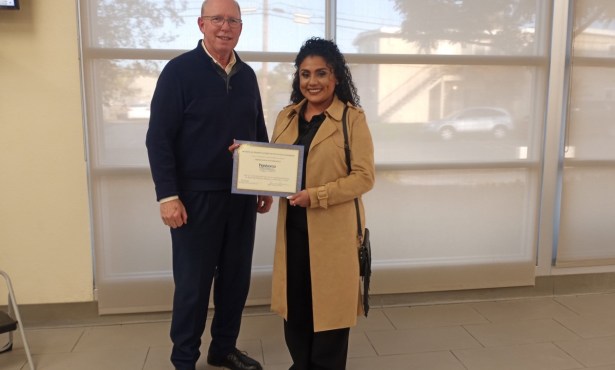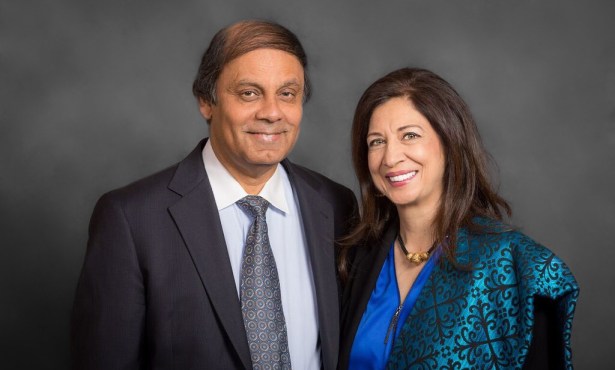Humanity — Past and Present — Through a Hawaiian Lens
Professor Kaleikoa Ka’eo Kicks Off Capps Center Symposium

Professor Kaleikoa Ka‘eo appropriately led off his talk on humankind’s place in the world with the Kumulipo, the sacred Hawaiian creation chant deemed the “grandfather of all cosmogonies.” The stellar event was held over Zoom as part of the Walter H. Capps Center’s year-long symposium at UC Santa Barbara on indigenous peoples and the future of principled democracy, and featured Professor Ka‘eo of the University of Hawai‘i, Maui on October 13.
Ka‘eo not only discussed Indigenous Hawaiian traditions, he chanted and sang the Hawaiian cosmogony and spoke of humanity’s connection to the land during his talk, which was titled From the Beginning: Origin Narratives and Place-Based Ethics. Roughly 2,100 lines long, the Kumulipo is at once a song, a work of poetry, a historical artifact, a genealogy, and a narrative.
“It’s not so much a story of the past,” Ka‘eo said, “but it’s a story that provides us guidance and nutrients, in many ways, for our brains and our souls to push us where we need to go in the future.” Indigenous Hawaiian tradition marks creation as an ongoing process, the fluidity of which is reflected in the Hawaiian language — a single word can have numerous layers and a multitude of meanings.
Get the top stories in your inbox by signing up for our daily newsletter, Indy Today.
While ʻĀina is the Hawaiian word for land, Ka‘eo explained, it can also refer to shelter, food, that which feeds us, and that which gives us life. “ʻĀina is derived from the Proto-Polynesian word kaainga, which means family. So you can see in the etymology of the word, coming from the word ‘family,’ to later become the word we use for ‘land’ — the land itself is familial. We are physically the child of the land,” Ka‘eo said.
According to indigenous Hawaiian belief, everything around us is both genealogically connected and descended from the stars — so naturally, Ka‘eo said, the surrounding world is ancestral and should be held in high esteem.
“What you see going on in the world today is really two separate philosophies of survival, of how we exist on this planet,” Ka‘eo said. While native Hawaiians see themselves as the youngest child in the story of creation, the prevailing worldview is that the Earth is something to be dominated and exploited. “I would argue that why we are in trouble today, the reason why we have a crisis like global warming, or climate change, or pollution in the ocean, or destruction of forestlands, or pollution of the waterways, is due to the mentality that everything around us is to serve our needs.”
So where do we go from here? Ka‘eo believes we need to speak, share, and continue in this conversation. “If we will survive — not just as a species, but for this place to survive — it will take all of us having love, and recognizing ‘āina, and recognizing truth … we must start with the idea of recognizing place, and the so-called peoples of the place, and to be honest and truthful about those histories. To recognize that all peoples have a humanity, which means that all humans have a right to define for themselves what is sacred and what is life.”
Every day, the staff of the Santa Barbara Independent works hard to sort out truth from rumor and keep you informed of what’s happening across the entire Santa Barbara community. Now there’s a way to directly enable these efforts. Support the Independent by making a direct contribution or with a subscription to Indy+.



